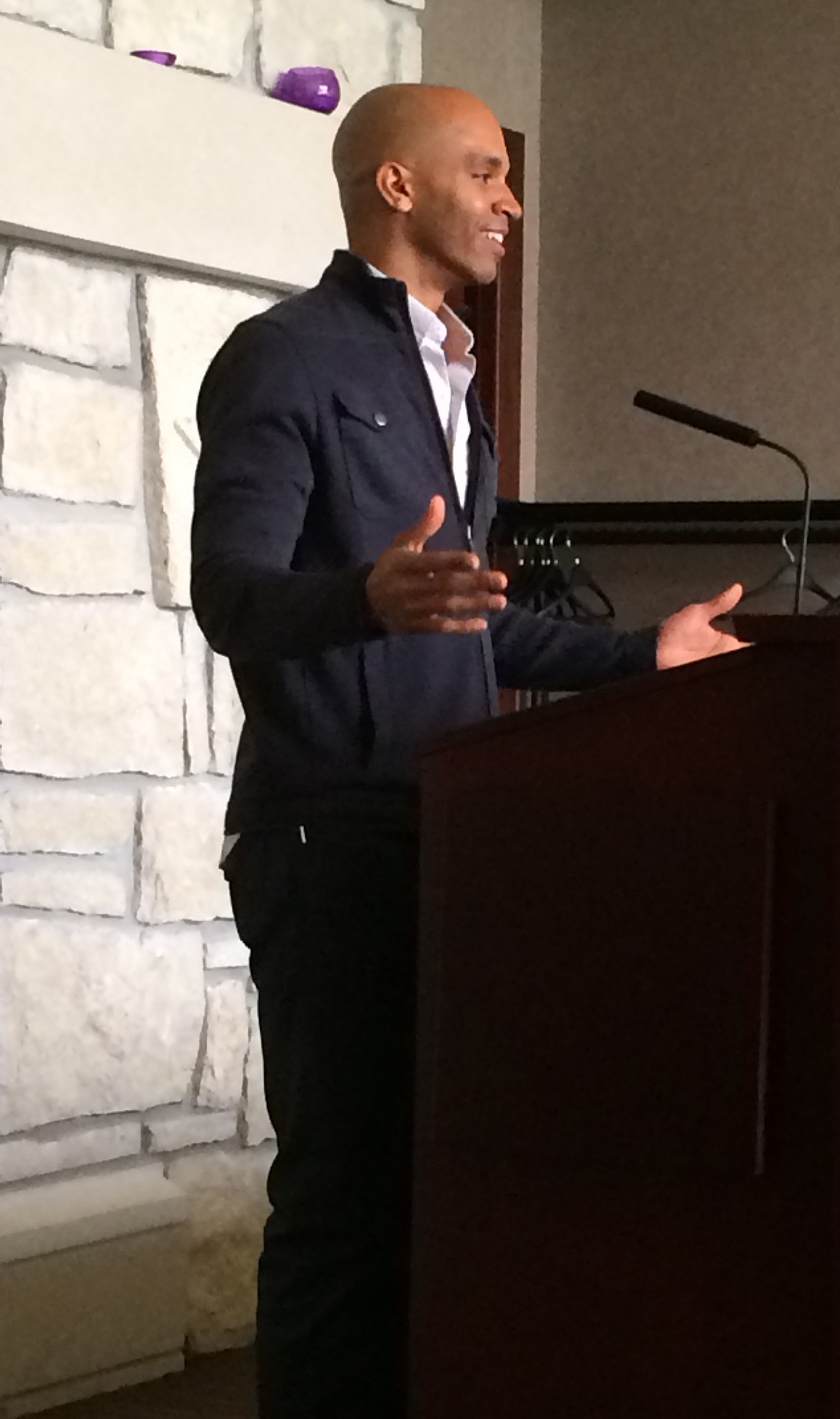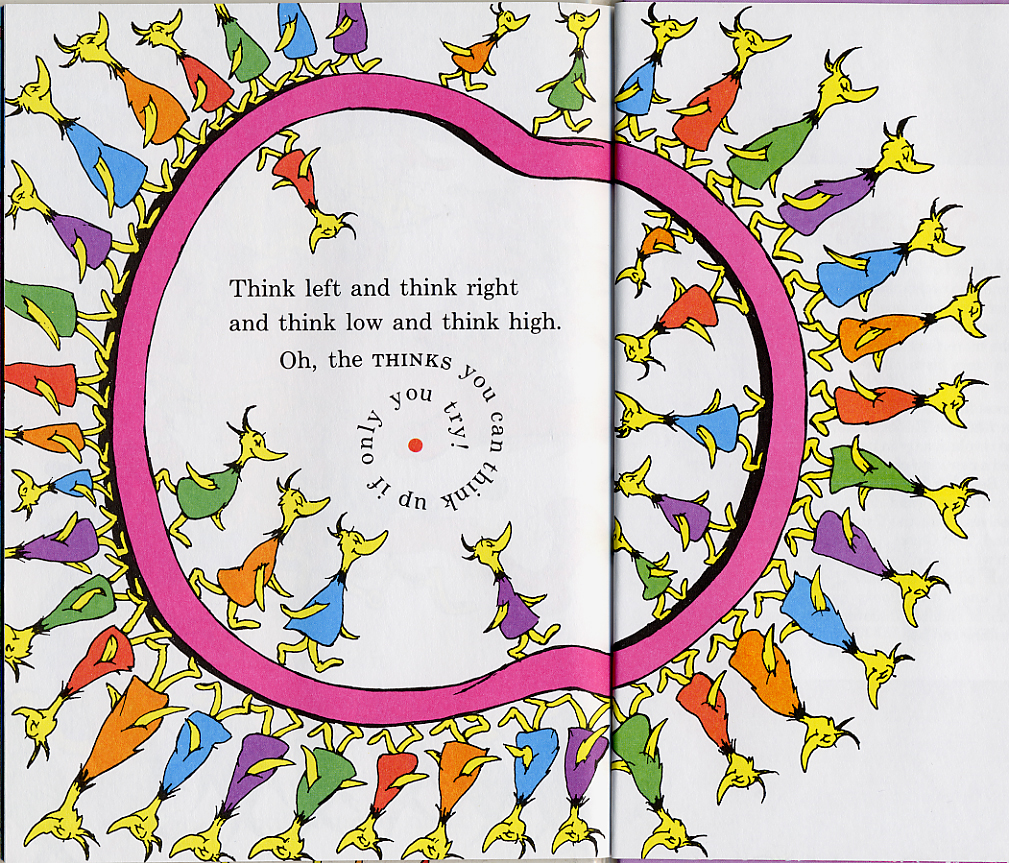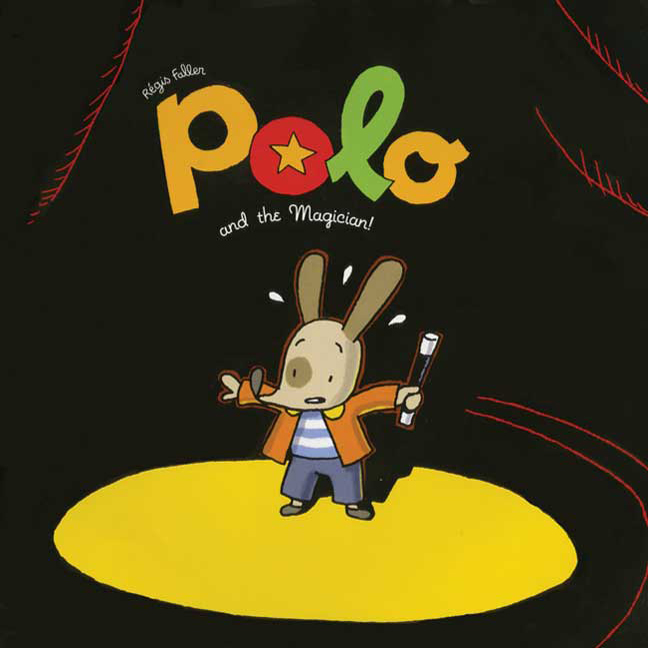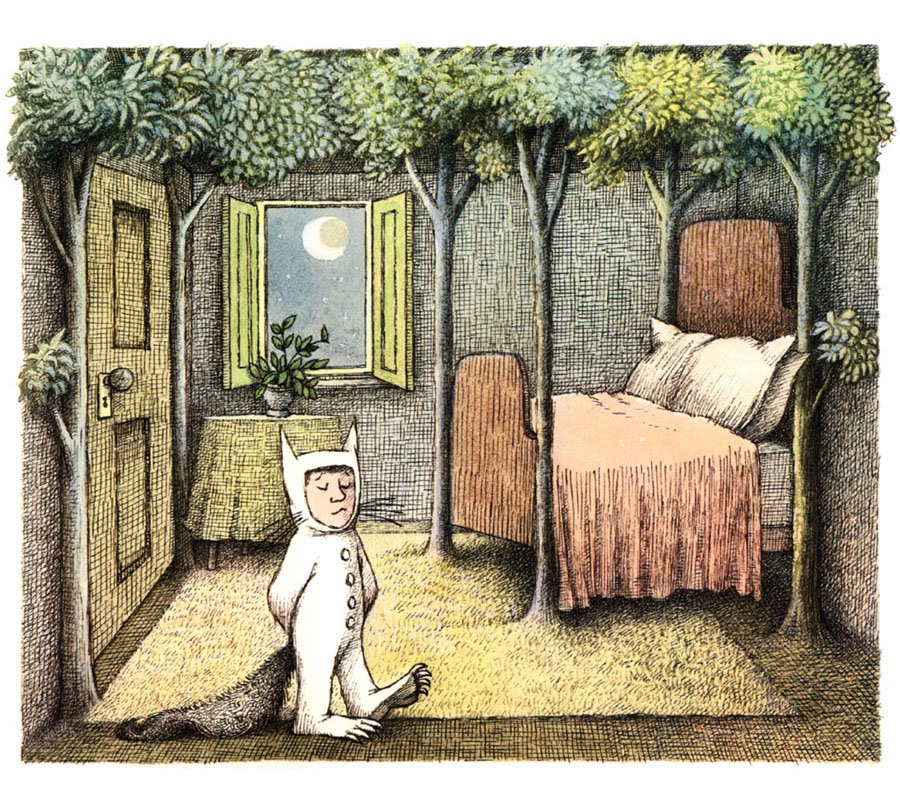The Art and Wisdom of Kadir Nelson
“I think a lot of people choose their professions out of fear….. But I’ve found that the opposite is true. If you choose something you love, you can become a master of it.” – Kadir Nelson, Kansas State University, 12 Apr. 2014 As an admirer of Kadir Nelson’s work, I was thrilled to meet him




